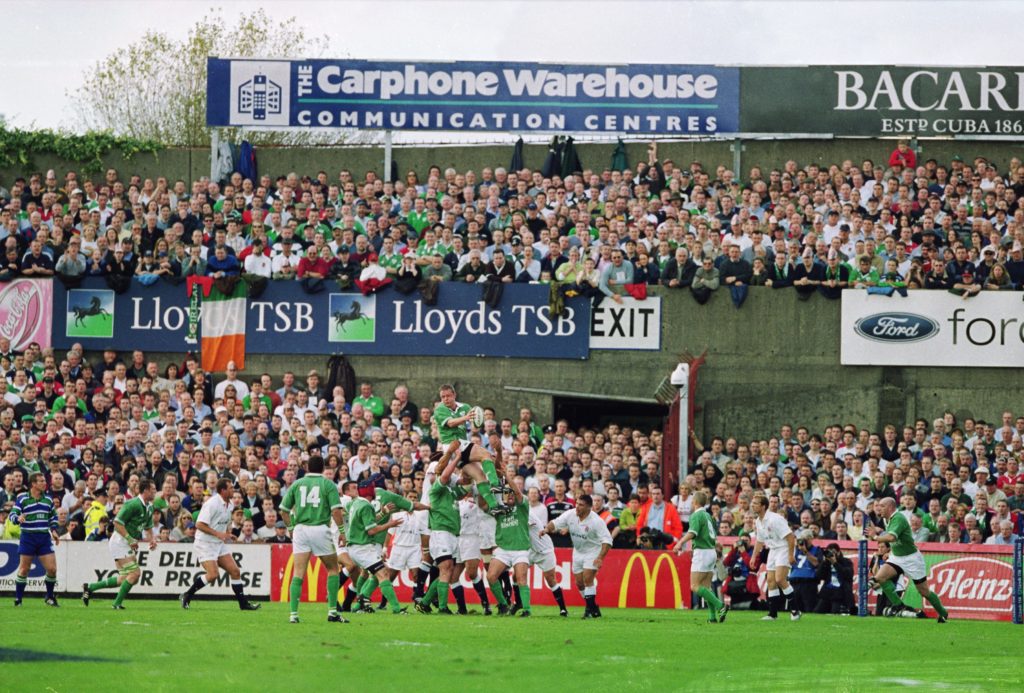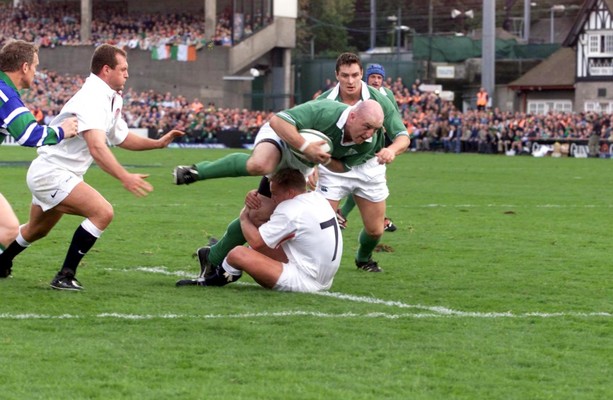This is not the first time the Six Nations has been postponed due to health and safety concerns to teams and supporters, writes ANDRE HUISAMEN.
During the 2001 edition of the competition the infectious outbreak of the foot-and-mouth livestock disease gripped the United Kingdom, which derailed scheduled matches that involved Ireland.
The Irish could only manage to participate in the opening two rounds before the epidemic resulted in their remaining matches – against the other three British nations – being moved to September and October of that year.
READ: Sanzaar: Premature to talk about Super Rugby alternatives
It meant the third, fourth and fifth rounds of that year’s Six Nations only featured two matches, all which didn’t involve Ireland.
The effect of the outbreak was extremely devastating on the UK’s agricultural production with more than 2,000 cases recorded.
It led to the killing of more than six million sheep and cows in an attempt to stop the spreading of the disease even further.
The very first cases were detected in Essex, England but also had a rather big impact on Irish food supplies and the tourism industry after spreading in the early stages.
Irish matches had to be put on hold in order to restrict further spreading across the Irish Sea.
When things returned to normal by October of that year it had cost the British government close to £8 billion in damages.
Defending champions England were absolutely rampant throughout the competition, recording massive victories over Wales, Scotland, France and an 80-23 battering of Italy at Twickenham in the second round.
They had already secured back-to-back titles by the time their rescheduled match against Ireland in Dublin was due to take place in October.
READ: Lions home safe, set for self-isolation
Clive Woodward’s men were, however, desperate to complete the Triple Crown and Grand Slam with a victory at Landsdowne Road.
But, Ireland, who had experienced a turbulent campaign, both off the pitch and in performance, rocked up with a disciplined and structured performance to beat England 20-14.
A try by Irish captain Keith Wood proved the difference with England, who had Jonny Wilkinson, Iain Balshaw and Ben Cohen in their team, having no answer to pull off a result.
Despite being presented with the Six Nations trophy after the final whistle, the English players cut a frustrated and disappointing image after being so dominant throughout the competition, only to wait till the end of October to lose to Ireland and miss out on the Grand Slam in the process.






